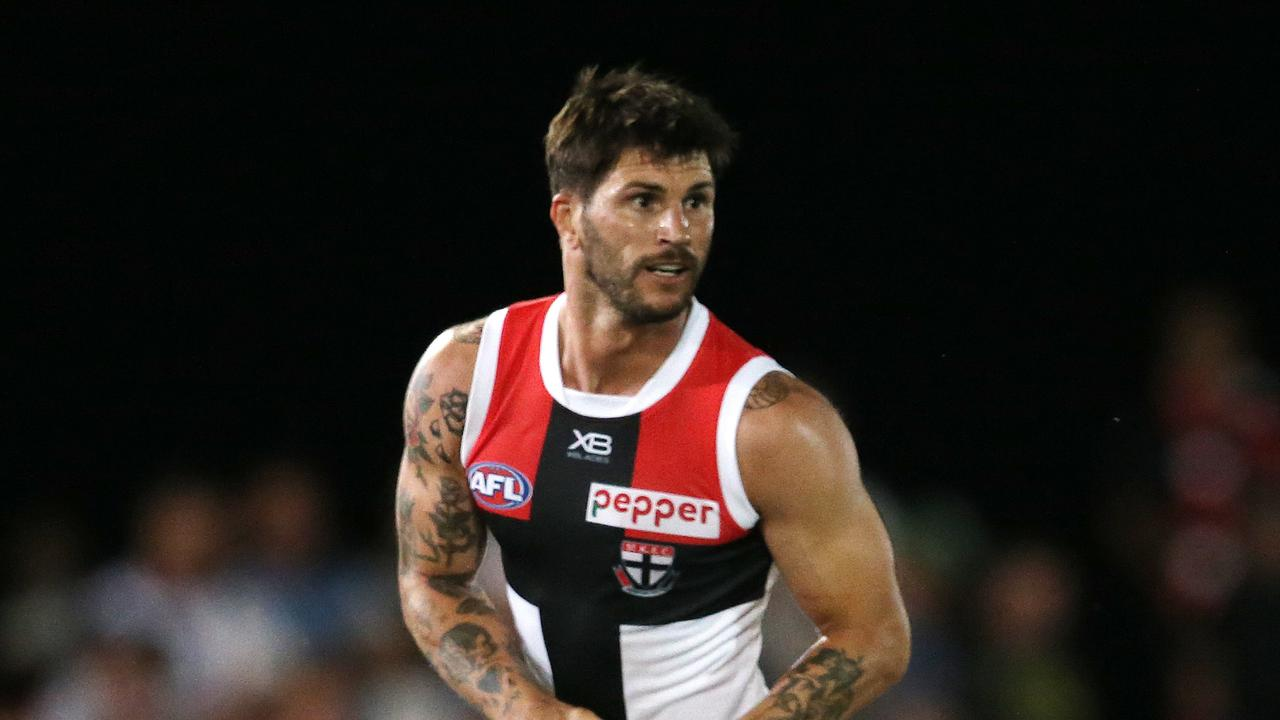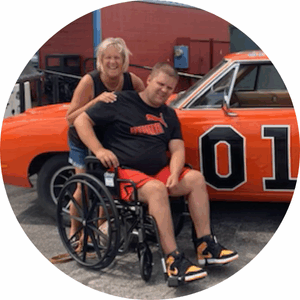Australia’s Leading Mind Coach on Overcoming Fear, Building Resilience, and Healing from Trauma
What happens when life throws you into a storm you never chose? For former AFL star Kobe Stevens, it was concussion and early retirement. For mind coach Emma Murray, it was her son Will’s devastating spinal cord injury at age 13.
In this episode of The Remade Podcast, Kobe and Emma dive deep into fear, trauma, and resilience; they also reveal what it really takes to heal when life breaks you open.

The Day Life Changed Forever
Emma recalls the moment doctors woke her son and told him he would never move again.
“I couldn’t cope with that moment. It unlocks a part of you that you didn’t know existed.”
From that day forward, life became survival, not just for Will, but for the whole family.
Lifting Heavy When You Don’t Have a Choice
Emma compares resilience to strength training.
“We are wired for comfort. But sometimes life throws us into circumstances where you have to lift heavy. And from that, you gain strength and perspective.”
For Kobe, lifting heavy meant facing invisible symptoms of concussion: headaches, memory loss, and mood swings that no one else could see.
“People can see a broken leg. With concussion, they just think you’ve got a headache. You feel weak, like you’re going crazy.”
Fear Is Fuel
Fear isn’t the enemy, Emma argues, “it’s the driver.
“Fear is fear. An athlete’s fear of failure is real. My son’s fear was real. Fear moves us. And we need it.”
She describes two paths’ athletes take: the warrior, who controls what they can, and the magician, who surrenders to trust and belief that things are working out.

Acceptance Over Gratitude
After the accident, people told Emma to “be grateful Will was alive.” But that felt empty.
“With spinal cord injury, there’s no cure. Healing isn’t passive, you have to treat it like training. Be elite at healing.”
For her, resilience was less about gratitude and more about acceptance: facing reality as it is, without judgment.
The Eye of the Storm
Emma explains resilience like weather. Life is a storm for everyone, but sometimes it becomes a hurricane.
“In a hurricane, you’re forced to find the eye stillness, clarity, acceptance.”
In those moments, the present becomes an anchor. It’s what allowed Emma to walk into her son’s hospital room with clarity instead of collapse.
Concussion and the Hidden Storm
Kobe shares how hard it was to recover from concussions, not just physically but emotionally.
“The worst part was people not getting it. You look fine on the outside, but inside you’re broken. It makes you feel weak and ashamed.”
Emma connects his story with countless families she’s seen navigating brain injuries. Unlike visible injuries, the battle inside the mind often goes unseen, and that invisibility makes it heavier.
Lessons We Can All Take
From trauma and recovery come powerful truths:
- Fear isn’t weakness, it’s wiring. The key is how you channel it.
- Invisible battles are real. Just because you can’t see pain doesn’t mean it isn’t there.
- Acceptance beats forced gratitude. Facing reality is the foundation of growth.
- Healing takes ownership. Recovery is training, effort, repetition, resilience.
- Presence is power. Now is where strength lives.
The Role of Community: Villa Licci
Kobe Stevens’ story shows the invisible, life-altering impact of traumatic brain injuries (TBI). Unlike visible injuries, TBI affects memory, emotions, and daily functioning, making understanding and recovery challenging. His journey, guided by expert support from Emma Murray, highlights the need for awareness, deliberate healing, and empathy lessons that extend beyond elite sports to everyday life.
Conversations like these remind us that resilience is not a solo journey. That’s why partnerships matter. This episode is proudly sponsored by Villa Licci, a pioneering brain injury community dedicated to providing connection, care, and purpose for survivors. Much like Kobe and Emma remind us, Villa Licci believes that healing is not just about recovery, it’s about rebuilding a meaningful life surrounded by people who truly understand.
Final Thoughts
Kobe’s invisible battle with concussion and Emma’s journey through her son’s paralysis reveal one truth: storms will come for all of us. The only choice is how we respond.
“We need fear. Because without it, we’d never lift heavy. And without lifting heavy, we’d never discover how strong we really are.” — Emma Murray
Catch the full conversation on The Remade Podcast: “Australia’s Top Mind Coach: We Need Fear.”


















